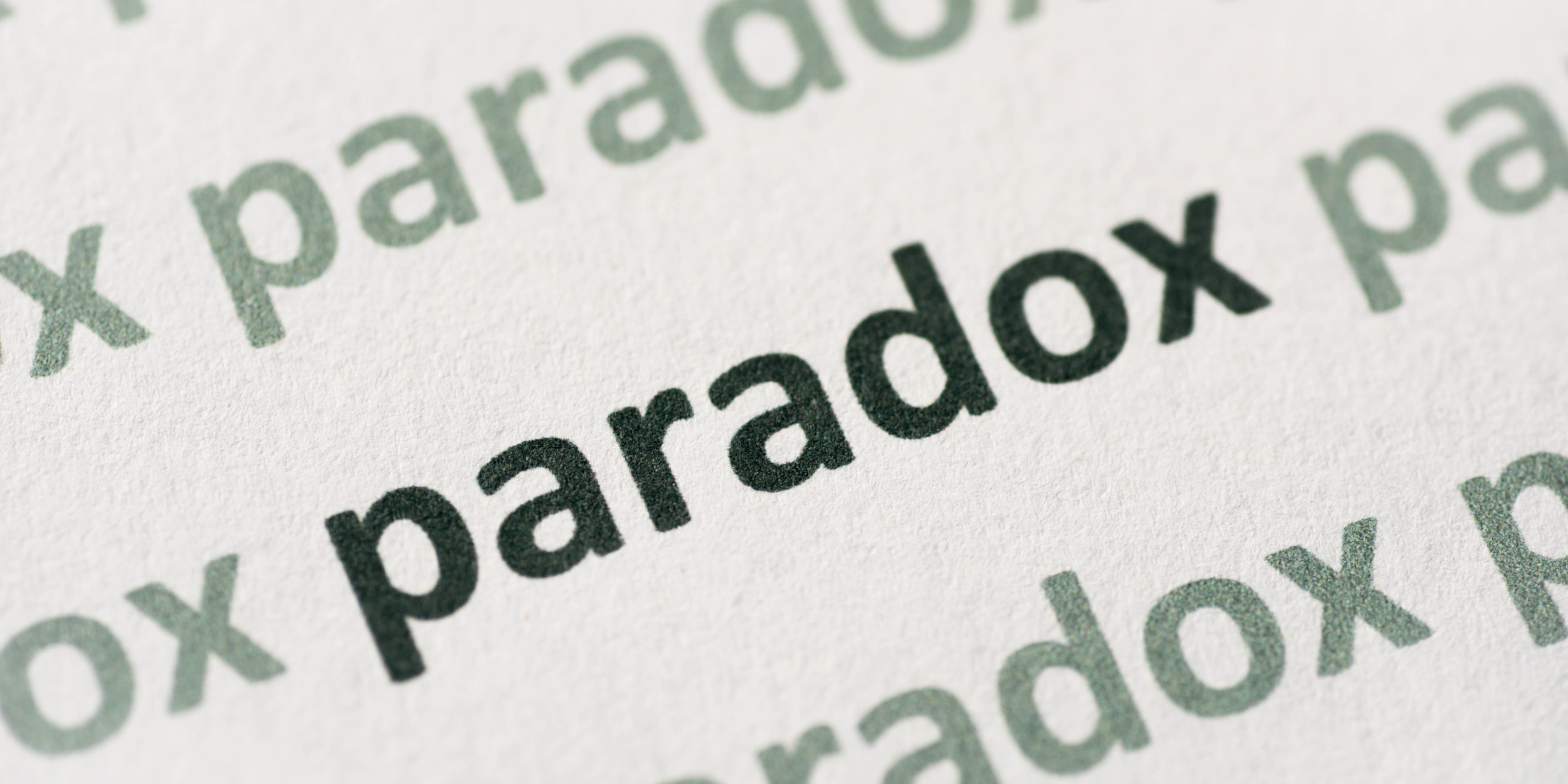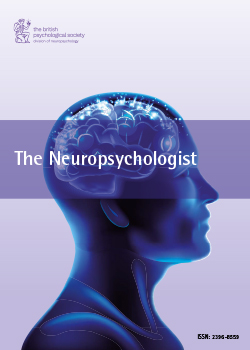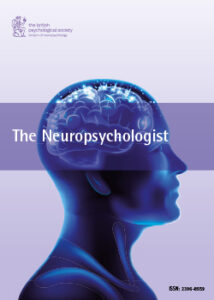#NPsychPick of the Month – Chasing the numinous: Hungry ghosts in the shadow of the psychedelic renaissance. Helge Michael Osterhold, Gisele Fernandes-Osterhold. Wiley Library August 2023.
Chasing the Numinous: Hungry Ghosts in the Shadow of the Psychedelic Renaissance.
Helge Michael Osterhold, Gisele Fernandes-Osterhold.
#NPsychPick of the Month
Abstract
In recent years a renewed scientific, public and commercial interest in psychedelic medicines can be observed across the globe. As research findings have been generally promising, there is hope for new treatment possibilities for a number of difficult-to-treat mental health concerns. While honouring positive developments and therapeutic promise in relation to the medical use of psychedelics, this paper aims to shine a light on some underlying psycho-cultural shadow dynamics in the unfolding psychedelic renaissance. This paper explores whether and how the multi-layered collective fascination with psychedelics may yet be another symptom pointing towards a deeper psychological and spiritual malaise in the modern Western psyche as diagnosed by C. G. Jung. The question is posed whether the West’s feverish pursuit of psychedelic medicines—from individual consumption to entheogenic tourism, from capitalist commodification of medicines and treatments to the increasing number of ethical scandals and abuse through clinicians and self-proclaimed shamans—is related to a Western cultural complex. As part of the discussion, the archetypal image of the Hungry Ghost, known across Asian cultural and religious traditions, is explored to better understand the aforementioned shadow phenomena and point towards mitigating possibilities.









